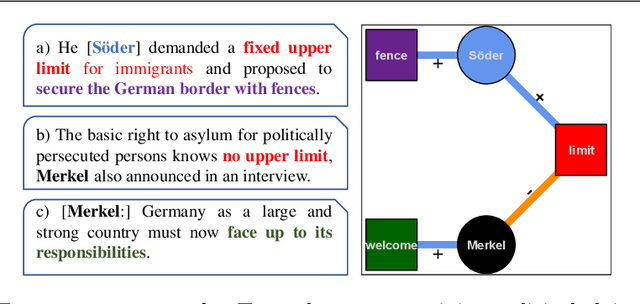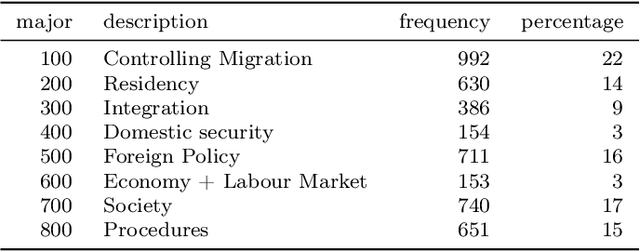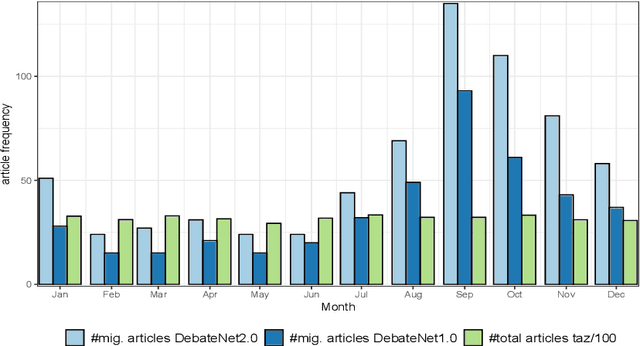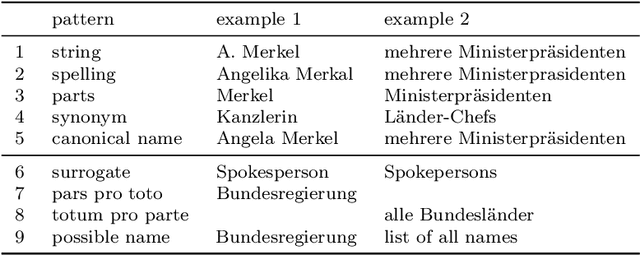Erenay Dayanik
HalluCana: Fixing LLM Hallucination with A Canary Lookahead
Dec 10, 2024Abstract:In this paper, we present HalluCana, a canary lookahead to detect and correct factuality hallucinations of Large Language Models (LLMs) in long-form generation. HalluCana detects and intervenes as soon as traces of hallucination emerge, during and even before generation. To support timely detection, we exploit the internal factuality representation in the LLM hidden space, where we investigate various proxies to the LLMs' factuality self-assessment, and discuss its relation to the models' context familiarity from their pre-training. On biography generation, our method improves generation quality by up to 2.5x, while consuming over 6 times less compute.
Between welcome culture and border fence. A dataset on the European refugee crisis in German newspaper reports
Nov 19, 2021



Abstract:Newspaper reports provide a rich source of information on the unfolding of public debate on specific policy fields that can serve as basis for inquiry in political science. Such debates are often triggered by critical events, which attract public attention and incite the reactions of political actors: crisis sparks the debate. However, due to the challenges of reliable annotation and modeling, few large-scale datasets with high-quality annotation are available. This paper introduces DebateNet2.0, which traces the political discourse on the European refugee crisis in the German quality newspaper taz during the year 2015. The core units of our annotation are political claims (requests for specific actions to be taken within the policy field) and the actors who make them (politicians, parties, etc.). The contribution of this paper is twofold. First, we document and release DebateNet2.0 along with its companion R package, mardyR, guiding the reader through the practical and conceptual issues related to the annotation of policy debates in newspapers. Second, we outline and apply a Discourse Network Analysis (DNA) to DebateNet2.0, comparing two crucial moments of the policy debate on the 'refugee crisis': the migration flux through the Mediterranean in April/May and the one along the Balkan route in September/October. Besides the released resources and the case-study, our contribution is also methodological: we talk the reader through the steps from a newspaper article to a discourse network, demonstrating that there is not just one discourse network for the German migration debate, but multiple ones, depending on the topic of interest (political actors, policy fields, time spans).
 Add to Chrome
Add to Chrome Add to Firefox
Add to Firefox Add to Edge
Add to Edge